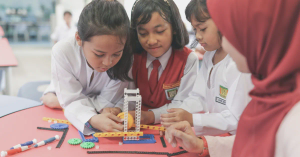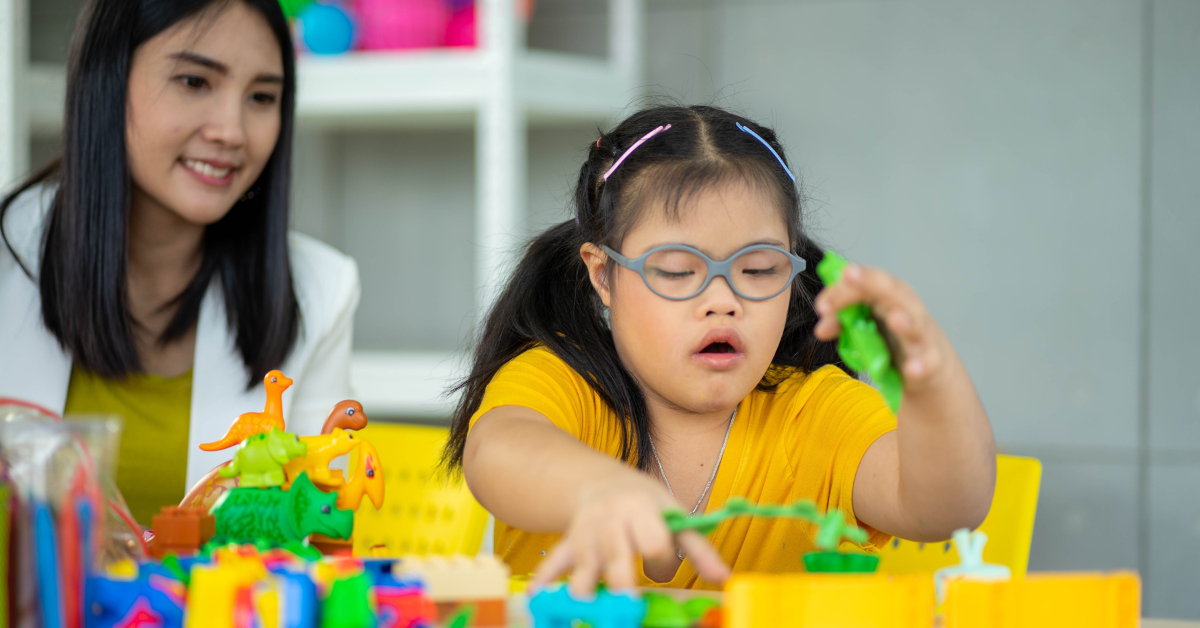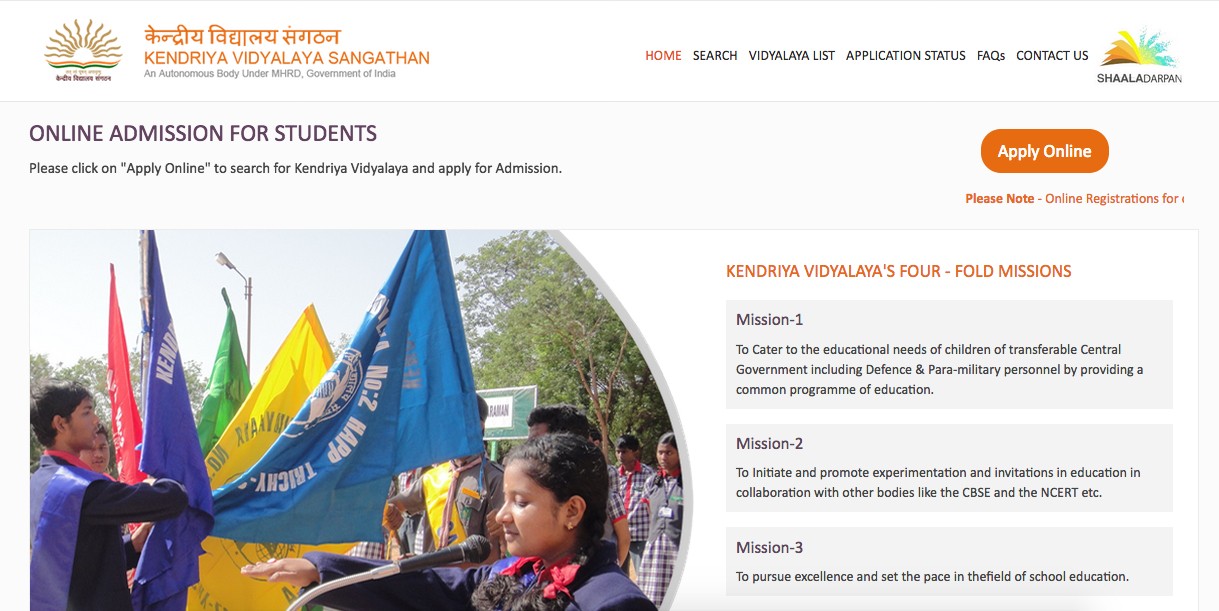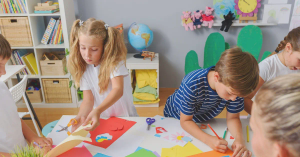It has been widely acknowledged that parental participation in education is a critical element for the achievement and overall welfare of children. Studies reveal that parental involvement in children’s learning is positively associated with student achievement, motivation, and self-esteem. On the other hand, there is a thin line to tread between being supportive and annoying someone. It is possible that in some instances, the boundary of positive involvement will be crossed by parents, resulting in excessive levels of intervention and thus violating their autonomous development. This article will discuss the idea of “overparenting” and the possible harms associated with too much parental interference in such a field as education. It will also offer some valuable practical advice for locating a middle ground that encourages both support and independence in children.
Types of Parental Involvement
They can include different aspects of involvement in education, such as communication with teachers and school staff, monitoring workload at home or supporting homework tasks for children, encouraging reading skills and learning outside the classroom by assisting parents, etc.
These forms of participation are often viewed as positive and constructive for the child because they demonstrate concern and sympathy with regard to their learning. Yet, engaging in these positive actions could not prevent some parents from being invasive by interfering with teacher-student relationships or classroom management, micromanaging homework, and taking over the learning process. Putting too much emphasis on the competitive nature of having a good mark dampens independence and problem-solving skills. Such forms of engagement are usually fuelled by anxiety, fear, or illusion and may do harm to a child as well as parents.
Potential Disadvantages of Overparenting
Overparenting tends to be negatively associated with the psychological, emotional, and social health of both children and parents. Some of the possible disadvantages of overparenting are:
Child-related effects:
Overparenting may undermine children’s self-motivation and efficacy, as they are likely to see their parents distrust in both their abilities and judgments. It may also enhance their anxiety and fear of failure, as they could see that many parents’ love and approval depend on one’s performance.
Additionally, overparenting can lead to a lack of independence and autonomy in the children, as they do not have chances to decide on their own what is right or wrong and learn from the mistakes they make. Furthermore, overparenting can impede children’s capacity to cope with difficulties and failures by preventing them from developing essential resilience, coping skills, or self-regulation.
Parent-related effects:
Parents’ satisfaction and well-being can also be negatively impacted by overparenting. It can further subject them to sadness and irritability due to the pressure of coordinating studies for their offspring. It also interferes with their relationship with teachers and school, where they may seem intrusive, aggressive, or disrespectful.
Moreover, overparenting leads to unrealistic expectations and even disappointment among children in their progress because they do not recognise any differences, abilities, or limitations.
Finding the Right Balance
Considering the possible liabilities of overparenting, parents have to develop a more moderate style that allows their children’s learning to develop rather than just focusing on knowledge outcomes.
An equal strategy includes establishing a good relationship between parents and the school, putting more emphasis on process than product regarding learning phenomena, and promoting an environment that is individual-encouraging, where autonomy as well as responsibility are encouraged, by promoting free communication about one’s school experience without underrating or disrespecting the teacher, for instance, by them being educational experts. Realistic viewpoint permits youngsters to make mistakes. Parents may help their children acquire critical skills and habits that will allow them to flourish in school and beyond by taking a balanced approach.
Practical Tips for Effective Parental Involvement
Here are some practical tips for parents who want to be effectively involved in their children’s education:
Communicate with your child: Ask them about their day, let them talk out everything that concerns them, and be ready to support them. Be interested and congratulate your students on their success. Do not criticise or compare their performance to anyone else’s. Alternatively, give them positive feedback in regards to their effort and improvement.
Read together. Reading is another means of encouraging a love for learning and promoting literacy. Read regularly as a family, and pick books that are suitable for your child’s interests. Talk about the books you have read and formulate appropriate questions that promote critical thinking and creative imagination.
Create a home learning environment. Make learning materials and resources available, either printed, such as books or magazines, games, puzzles, online tools, etc. Set aside a study area that is quiet, comfortable, and free from interruptions. Set boundaries for the amount of time spent on homework and other learning activities. Encourage your child to plan his or her time and resources, establishing attainable goals.
Talk to your child’s teacher. Seek information about school activities and how to support your child’s learning outside the classroom. Go to parent-teacher conferences and meetings in order to inform them about your comments. Trust the teacher’s knowledge and intelligence. Work together with the teacher to resolve any problems or difficulties, and ask for their help whenever necessary.
Conclusion
Parental role in education is an important issue for achieving the success and well-being of children. But it is also necessary to find a middle ground between the support and independence approaches for children.
Through compliance with the tips and suggestions provided in this article, parents can participate effectively in their children’s education to teach them essential skills, attitudes, or values that will lead them towards success both at school and outside. And this is what makes parenting not easy but a satisfying and rewarding venture. Rely on your intuition and consult educators when appropriate. Know that, as your child’s first and primary educator, you have a major role to play as well as influence in their learning journey.






